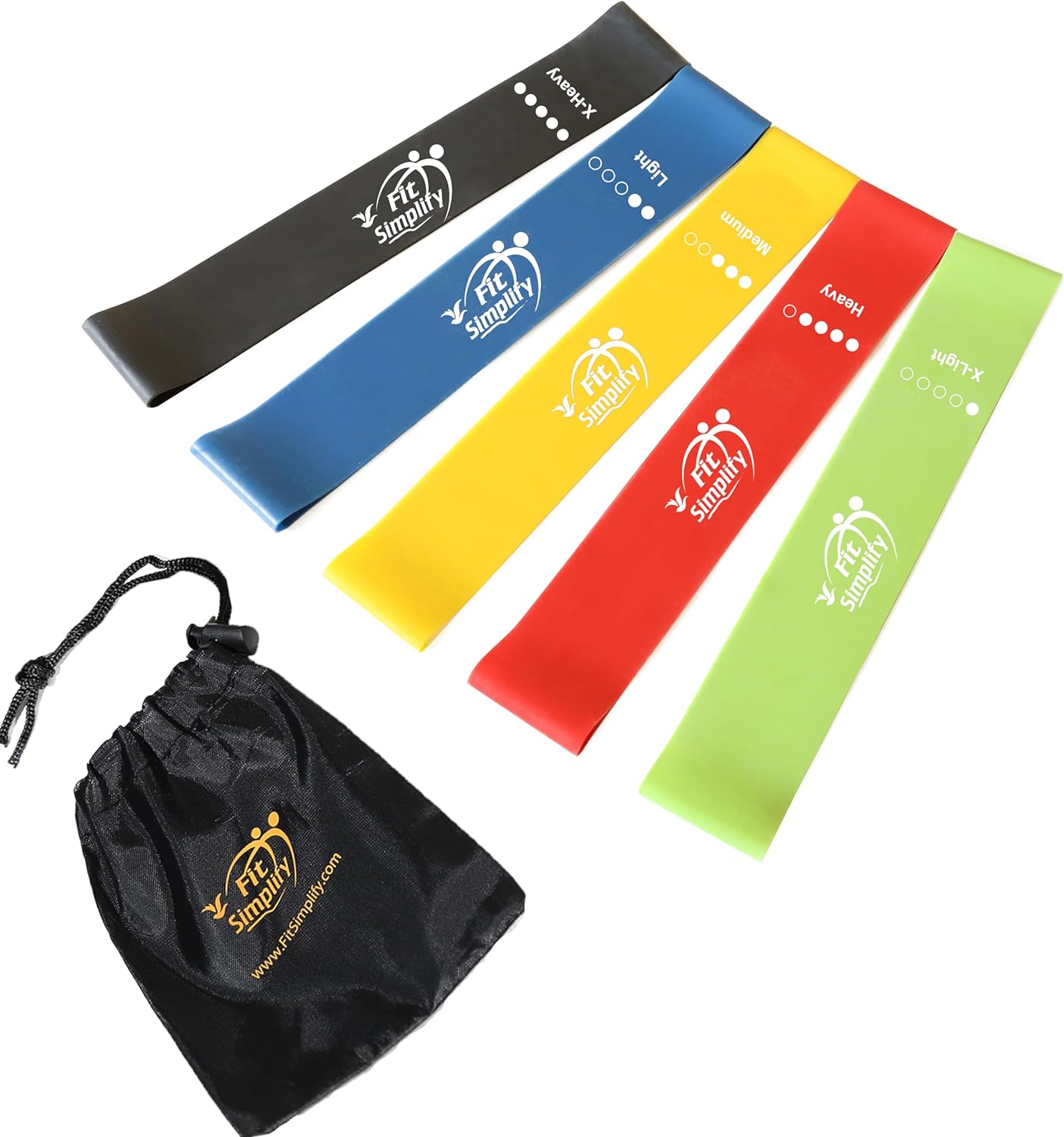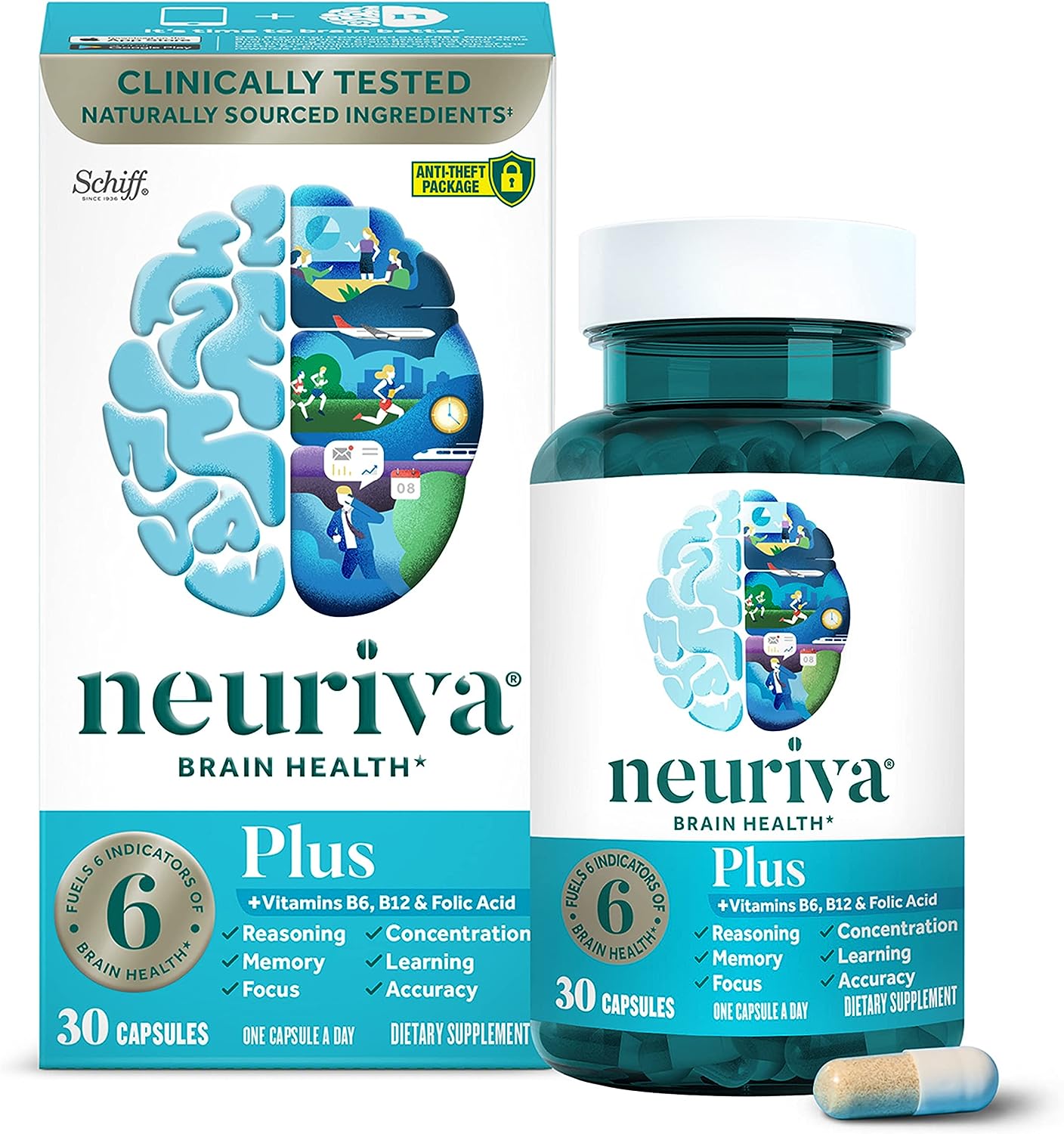
The Art of Aging Gracefully: Embracing the Beauty of Growing Older
Embracing Aging and Finding Beauty and Wisdom in Growing Older
published: Wednesday, April 3, 2024
Aging is often viewed as a daunting journey in a society obsessed with youth. However, the truth is that aging is a natural and beautiful part of life, bringing with it wisdom, experience, and a unique sense of self. In this article, we will explore the art of aging gracefully, uncovering how to embrace the passage of time with confidence and dignity. We'll delve into the effects of aging on the body, common health concerns, and proactive strategies to maintain vitality. From staying active to knowing when to seek assistance, we'll provide practical insights for navigating the journey of aging with grace and resilience.
Embracing Aging
Embracing aging begins with a profound shift in perspective – moving away from the fear of growing older towards a place of acceptance and appreciation for the journey ahead. Rather than viewing aging as a decline, we can see it as a natural progression, a testament to the resilience of the human spirit. By reframing our mindset, we open ourselves up to the countless opportunities for growth and fulfillment that come with each passing year.
In this acceptance process, cultivating gratitude for the passage of time becomes essential. It's about acknowledging the gift of life and all the experiences it brings – the highs and lows, the challenges and triumphs. Every wrinkle, every gray hair, tells a story of resilience and perseverance. When we embrace the inevitable march of time with gratitude, we find peace in the present moment and anticipation for the adventures yet to come.
Central to embracing aging is recognizing the beauty of wisdom and experience that comes with each passing year. As we accumulate life experiences, we gain a deeper understanding of ourselves and the world. Our perspectives broaden, our empathy deepens, and our capacity for compassion expands. Rather than lamenting the loss of youth, we can celebrate the richness and depth that age brings, knowing that true beauty lies not in outward appearances but in the wisdom and grace that radiate from within.
Our Favorite
Compression Packing Cubes for Travel
Maximize luggage space and stay organized during your travels with these compression packing cubes. Made from durable 210D ripstop nylon, these cubes feature a two-zipper system that compresses your clothes, eliminating excess air and wasted space in your luggage. Perfect for use as a backpack, luggage, or suitcase organizer, these cubes keep different outfits separate and easily accessible. The ripstop polyurethane fabric is ultra-lightweight, water-resistant, and stands up to the rigors of travel. With reinforced zippers and double-stitched seams, these cubes are built to last. Each set contains a variety of sizes to accommodate different clothing items, ensuring you can pack efficiently for any trip. Plus, with our satisfaction guarantee, you can trust that these packing cubes are the perfect travel companion for your next adventure.

Understanding the Effects of Aging
Understanding the effects of aging encompasses a holistic view of how our bodies, minds, and emotions evolve. Physically, aging manifests in various ways, including skin elasticity, muscle tone, and metabolism changes. As we age, collagen production decreases, leading to wrinkles and sagging skin. Muscle mass diminishes, contributing to a loss of strength and flexibility. Metabolism slows down, making it easier to gain weight and more difficult to maintain energy levels. Recognizing and adapting to these physical changes is crucial for maintaining overall well-being and quality of life.
Cognitive changes also accompany the aging process, affecting memory, cognitive flexibility, and the accumulation of wisdom. It's common for individuals to experience mild cognitive decline as they age, including occasional forgetfulness and slower processing speed. However, research suggests that cognitive abilities can continue to develop and evolve throughout life, with older adults often demonstrating enhanced wisdom and problem-solving skills. Embracing lifelong learning and engaging in activities stimulates the mind and can help mitigate cognitive decline and promote cognitive vitality well into old age.
Emotional changes are integral to aging, influencing resilience, perspective, and overall emotional well-being. With age comes a wealth of life experiences, which can shape our resilience in the face of adversity and our perspective on what truly matters. While older adults may face unique challenges with the loss of loved ones and declining health, many also report feeling more emotionally stable and content with age. Cultivating meaningful connections, practicing mindfulness, and seeking support when needed are essential strategies for nurturing emotional well-being as we navigate the journey of aging.
Common Health Concerns and Proactive Strategies
Common health concerns associated with aging often revolve around cardiovascular health, bone health, and cognitive well-being. For cardiovascular health, incorporating regular exercise, maintaining a balanced diet rich in fruits, vegetables, and lean proteins, and scheduling routine check-ups with healthcare providers are essential proactive strategies. Exercise, particularly aerobic activities like walking, swimming, or cycling, helps improve heart health by strengthening the heart muscle, lowering blood pressure, and reducing cholesterol levels. Adopting heart-healthy dietary habits such as reducing sodium intake and consuming omega-3 fatty acids can further support cardiovascular health. Regular check-ups allow healthcare professionals to monitor blood pressure, cholesterol levels, and other risk factors for heart disease, enabling early intervention and prevention.
Bone health is another critical aspect of aging, especially for preventing osteoporosis and fractures. Proactive strategies for maintaining bone health include regular strength training exercises to improve bone density and muscle strength, ensuring an adequate calcium and vitamin D intake through diet or supplements, and practicing balance exercises to reduce the risk of falls. Strength training exercises, such as weightlifting or resistance band workouts, stimulate bone growth and help maintain muscle mass, while calcium and vitamin D support bone density and overall bone health. Balance exercises, such as tai chi or yoga, enhance stability and coordination, reducing the likelihood of falls and fractures as we age.
Cognitive health is essential for maintaining mental sharpness and overall well-being. Proactive strategies to support cognitive health include engaging in brain exercises to stimulate cognitive function, fostering social connections through meaningful relationships and community involvement, and committing to lifelong learning to challenge the mind and expand knowledge. Brain exercises, such as puzzles, crosswords, and memory games, help keep the mind active and agile, while social engagement provides opportunities for mental stimulation and emotional support. Lifelong learning activities, such as taking classes or learning new skills, promote cognitive flexibility and brain plasticity, enhancing cognitive resilience and reducing the risk of cognitive decline.
Our Favorite
Fit Simplify Resistance Exercise Bands
Enhance your fitness routine with these high-quality loop resistance bands. With five varying resistance levels, ranging from extra light to extra heavy, these bands are suitable for beginners and seasoned workout enthusiasts alike. They can be seamlessly integrated into any workout program, from strength training to stretching exercises. Made of durable material and thoroughly tested for quality, these bands are gentle on the skin and ensure a worry-free experience. Plus, the included carry bag makes it convenient to take your workout wherever you go. Whether you're at home, the gym, or traveling, these resistance bands are a versatile addition to your fitness arsenal.

Staying Active as You Age
Staying active as we age is paramount for maintaining physical health, mental well-being, and overall quality of life. Promote longevity and vitality with regular exercise, encompassing a mix of cardiovascular, strength training, and flexibility exercises. Cardiovascular activities like walking, swimming, or cycling improve heart health, boost endurance, and enhance circulation. Strength training exercises, such as lifting weights or resistance bands, help preserve muscle mass, increase bone density, and improve overall strength. Flexibility exercises, such as yoga or stretching routines, promote joint mobility, reduce the risk of injury, and enhance overall flexibility, which is crucial for maintaining functional independence as we age.
Finding activities that bring joy and fulfillment is essential for sustaining long-term exercise habits. Rather than viewing exercise as a chore, seeking out activities that align with personal interests and preferences can make staying active a rewarding and enjoyable experience. Whether dancing, gardening, or playing a sport, finding activities that bring fulfillment and satisfaction can help foster a lifelong commitment to staying active. Incorporating variety into exercise routines can keep things interesting and prevent boredom, ensuring continued motivation and engagement.
Despite the numerous benefits of staying active, many individuals face barriers that hinder their ability for regular exercise. Overcoming these barriers requires creativity, determination, and a willingness to adapt. Common barriers to staying active include time constraints, physical limitations, and access to resources. By identifying specific challenges and exploring alternative solutions, such as breaking workouts into shorter sessions, modifying exercises to accommodate physical limitations, or seeking out community resources like fitness classes or walking groups, individuals can overcome barriers and cultivate a sustainable exercise routine that supports optimal health and well-being throughout the aging process.
Deciding When to Seek Assistance
Deciding when to seek assistance is a pivotal step when gracefully aging and maintaining independence while ensuring safety and well-being. Recognizing signs of declining independence is essential for proactive decision-making. These signs may include difficulty with activities of daily living, such as bathing, dressing, or meal preparation, mobility challenges, medication management, or household maintenance. Paying attention to changes in physical or cognitive abilities and seeking professional guidance can help individuals and their loved ones identify when additional support may be necessary.
Exploring options for assistance involves considering various care alternatives tailored to individual needs and preferences. Home care services offer personalized assistance with daily tasks in the comfort of one's home, allowing individuals to maintain independence while receiving necessary support. Assisted living facilities provide a supportive living environment with access to assistance as needed, promoting social engagement and recreational activities. Community support resources, such as meal delivery programs, transportation services, and support groups, offer additional assistance and connections for older adults and their families. By exploring these options proactively, individuals can make informed decisions that align with their evolving needs and preferences.
Open conversations with loved ones about aging gracefully are crucial for fostering understanding, support, and shared decision-making. These conversations provide an opportunity to discuss preferences, concerns, and values related to aging and care preferences. Involving loved ones in decision-making processes, individuals can feel supported and empowered to make choices that reflect their wishes and priorities. Additionally, open communication can strengthen relationships and facilitate collaborative planning for the future, ensuring that individuals receive the care and support they need while honoring their autonomy and dignity.
Our Favorite
NEURIVA Plus Brain Supplement for Memory and Focus
Unlock your brain's full potential with this clinically tested brain supplement for memory and focus. Formulated with Neurofactor from whole coffee fruit extract, phosphatidylserine, and B vitamins, this supplement enhances brain performance and cognitive function. Neurofactor increases vital neuroprotein BDNF levels, promoting connections between brain cells and supporting overall brain health. Vitamins B6 and B12 further enhance cognitive function by supporting brain energy production and neurotransmitter synthesis. With just one capsule a day, you can fuel your brain health conveniently. Plus, our high-quality, vegetarian, gluten-free, and GMO-free ingredients ensure peace of mind. Trust Neuriva for premium brain support backed by freshness, purity, and labeled potency.

Ideas for an Active Retirement
Ideas for an active retirement encompass opportunities for personal growth, fulfillment, and meaningful engagement. Pursuing passions and hobbies is a cornerstone of an enriching retirement experience. Whether painting, gardening, playing music, or learning a new language, dedicating time to activities that bring joy and fulfillment fosters a sense of purpose and satisfaction. Retirement offers the freedom to explore interests and pursue creative endeavors without the constraints of work schedules, making it an ideal time to delve deeply into hobbies and discover new passions.
Volunteering and giving back to the community is another impactful way to stay active and connected during retirement. Engaging in volunteer work allows retirees to make a positive difference in the lives of others while fostering social connections and a sense of belonging. Whether mentoring youth, supporting local charities, or participating in community clean-up initiatives, volunteering provides opportunities to contribute skills, expertise, and compassion to meaningful causes, leaving a lasting legacy of service and goodwill.
Traveling and exploring new experiences offer endless possibilities for adventure and discovery in retirement. Whether it's embarking on a cross-country road trip, backpacking through Europe, or immersing oneself in different cultures through culinary tours or volunteer travel programs, retirement opens the door to new horizons and experiences. Traveling provides opportunities for relaxation and rejuvenation, stimulates curiosity, broadens perspectives, and creates lasting memories. Embracing travel as a lifelong pursuit cultivates a sense of wonder and excitement, fueling their passion for exploration and discovery well into their golden years.
Conclusion
As we journey through life, aging gracefully is about preserving our physical appearance and embracing the richness of experience and wisdom that comes with each passing year. By understanding the effects of aging, proactively managing our health, staying active, and seeking assistance when needed, we can navigate aging with grace and resilience. Remember, the true art of aging gracefully lies in embracing the beauty of growing older, finding joy in the present moment, and cherishing the wisdom that comes with time.